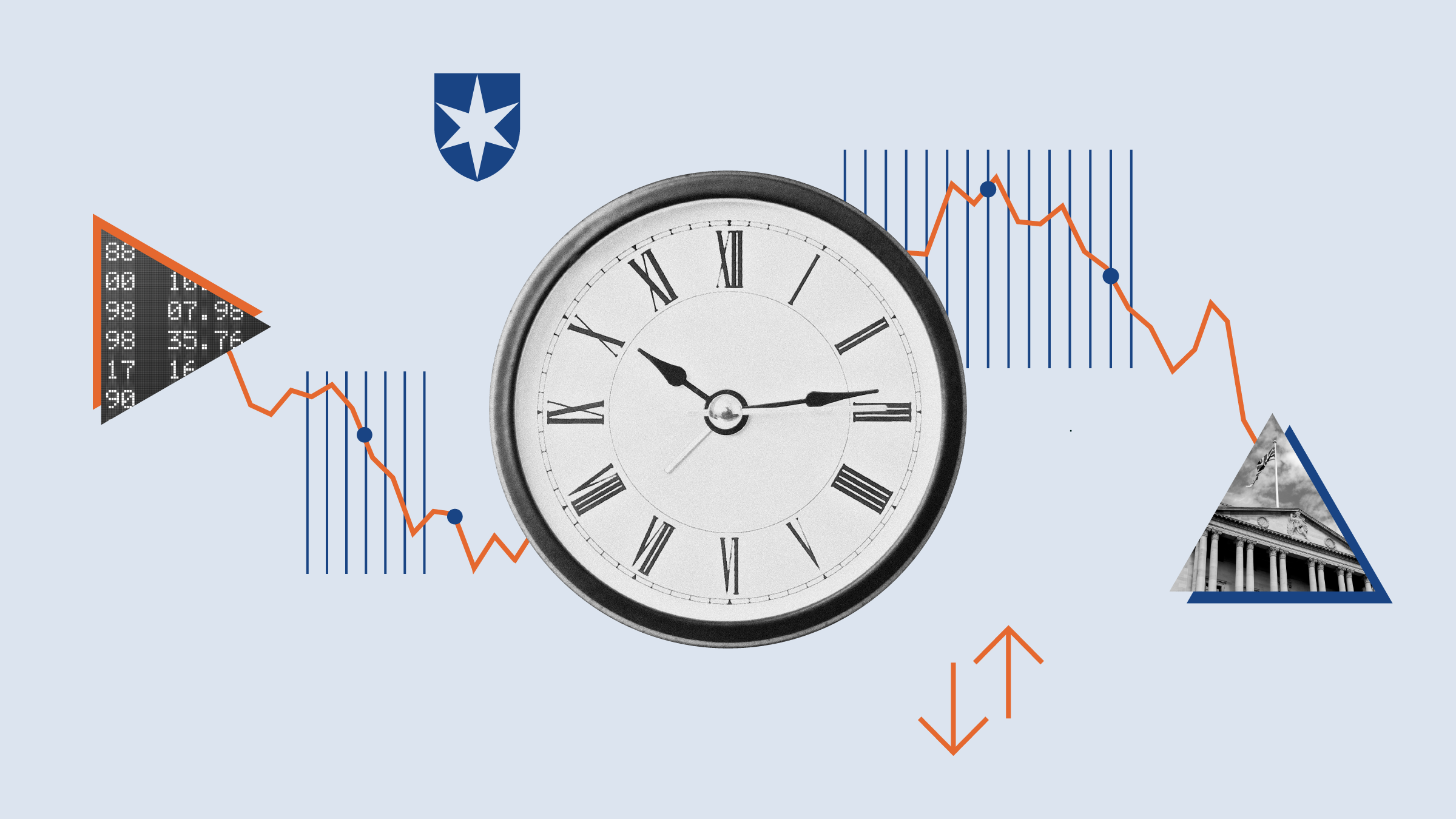Following two decades of sub-par returns, the Japanese stock market is finally on the up – and investors have Abenomics to thank. This economic policy agenda, made up of an unprecedented stimulus package and comprehensive structural reforms, was designed to bring the Japanese economy out of its long-running deflationary crisis.
Fans of passive funds have a number of index-based investments available to them as a means of gaining exposure to the Japanese equity market; and of all the indices available the JPX-Nikkei 400 has been particularly sought-after.
The JPX-Nikkei 400 index was created in January 2014 in to better reflect the new reality of the Japanese economy; in particular the government-led efforts to improve Japanese companies’ corporate governance.
It is a strategic beta index, which screens companies according to their profitability, shareholder’s return and superior corporate governance. Dubbed the “shame index”, it has gained a fair share of publicity in Japan and elsewhere, as it directly points the finger at companies which are either unprofitable or have a sub-par corporate governance.
Investing in the JPX Nikkei 400 index allows investors access to well-run companies which prioritise the interests of shareholders. The aim of the index is that companies excluded would feel pressure to change their ways, thus encouraging a virtuous cycle of change in the Japanese corporate world.
During its constituent review in August 2014, Sony (6758) was not included, because of dwindling operating profits which had led to reporting losses in the previous six years. Panasonic (6752), on the other hand, was awarded a place in the index, thanks to healthy profits through strong demand for its core products and new businesses, such as batteries for electric cars.
How the Nikkei 400 Selects Constituents
The key difference between JPX-Nikkei 400 and traditional indices offering exposure to Japanese stocks is in the way constituents are selected and weighted. Traditional indices, such as Nikkei 225 and TOPIX, are standard total market capitalisation benchmarks. Inclusion in JPX-Nikkei, however, relies on a series of quantitative and qualitative factors, with only 20% of the decision made on market capitalisation.
A company’s three-year average return on equity (ROE) and three-year operating profits are the two key eligibility criteria, and the combination of the two ensures that companies with short-term practices will be penalized with exclusion from the index. For example, a company that does not make profits, but has stockpiled a substantial amount of cash which it then distributes back to the shareholders to increase its ROE would not qualify for inclusion.
Ahead of the quantitative screening, the companies are scrutinised for qualitative factors. Companies are required to report on English, employ the International Financial Reporting Standards (IFRS) framework and have independent directors. If these qualitative criteria are not met, inclusion will not be considered. It is expected that this kind of screening will increase the transparency for non-domestic investors, attracting more investment from outside of Japan.
Does the Nikkei 400 Offer Superior Returns?
Looking into the cross-index performance versus Nikkei 225 and the broader MSCI Japan, in local currency terms, the JPX-Nikkei 400 has outperformed both since its inception in January 2014 by 2.2% and 2.9% respectively.
This outperformance has not gone unnoticed amongst investors. However, the period is not long enough the draw firm conclusions about the index’s potential advantages. For example, we do not know how the index will compare in times of elevated volatility, such as those experienced during the Fukushima disaster. Additionally, investors might be missing opportunities by focusing entirely on the ‘quality’ factor and completely ignoring others, which could potentially lead to underperformance.
For example, since Sony was excluded it has outperformed the index by more than 60% - whereas Panasonic has underperformed.
Investing in the Nikkei 400 via ETFs
European ETF providers have responded to investor’s interest with an array of products tracking the JPX-Nikkei 400 index. These are offered in both unhedged and currency-hedged versions, with the latter allowing investors to hedge their currency exposure back to EUR, GBP or USD, either on a daily or monthly rebalancing frequency. As of this writing, the Lyxor ETF (JPX4) is market leader in AUM terms.
One of the key consequences of Abenomics has been that of depressing the Japanese Yen’s value against most developed currencies. However, ultimately, the decision of whether to use hedged or unhedged products depends on two factors: the holding period and personal attitudes to risk. The currency-hedged version exhibits 30-50% higher volatility at three, five and 10 years. Over the long-term hedged and unhedged returns tend to converge, and, in some cases, unhedged returns may outperform.






























